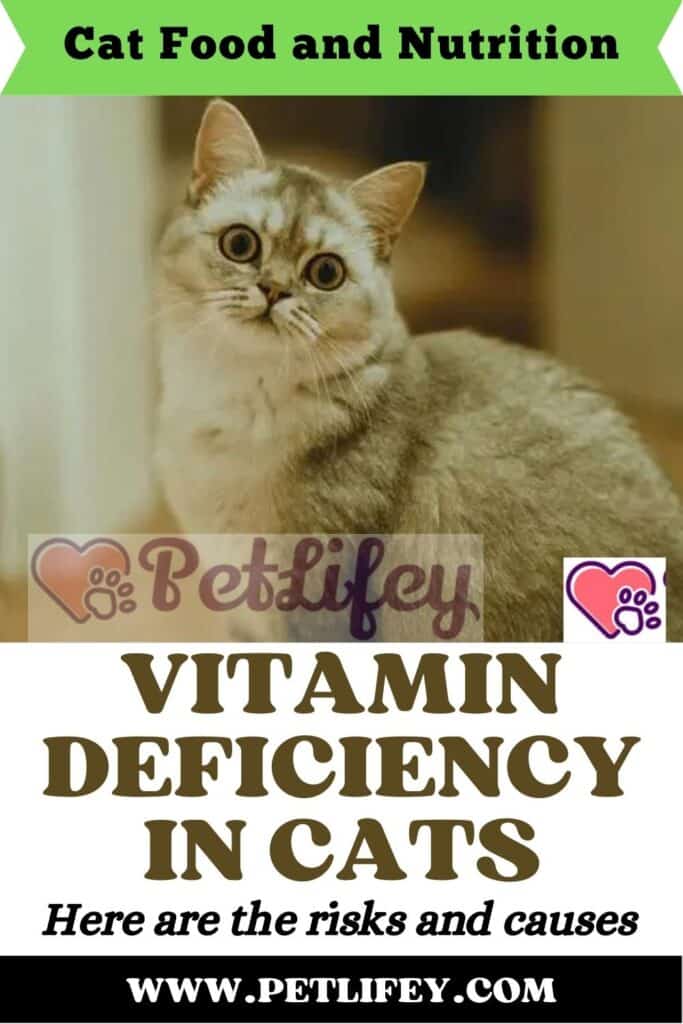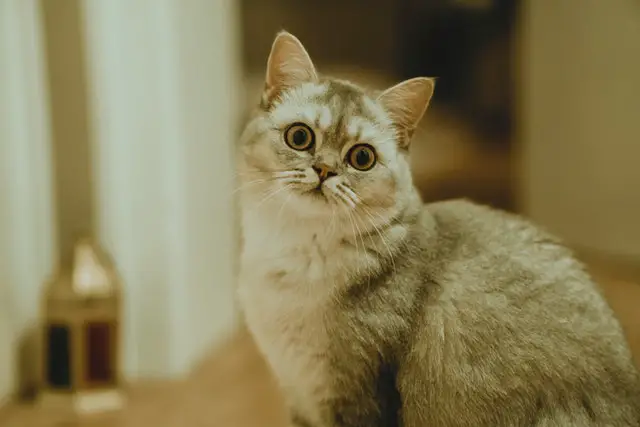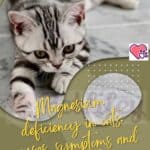
Do you see the cat down and would you like to give him some vitamins? Never do it yourself! It is necessary to ascertain whether it is indeed a vitamin deficiency in cats and what it depends on!
Taking care of our cat’s diet is essential: ensuring that his diet is balanced in fact ensures him everything he needs. It is very important to avoid any kind of food shortages, which could cause him great harm. Obviously, this also applies to vitamins: here are the dangers associated with too limited a dosage.
What are the essential vitamins for cats
Vitamins are an essential component in any cat’s diet (and for its health). Obviously we are talking about a very heterogeneous group of this food component: vitamins are many, and some are more important than others for the feline. Let’s see what they are:
- Vitamin A: we are perhaps talking about the most important vitamin for cat health. It is mainly present in fish (in particular in the liver) in milk and white meat, especially chicken. It is essential for various components of the feline’s body: from cartilage to tissues, from bones to eyes;
- Vitamin B: It is a substance that the cat is able to take from both meat and cereals and vegetables. Particularly beneficial for the skin and fur of the animal;
- Vitamin C: has a fundamental value especially during the development of the kitten. Although it is found in many foods, there are few that the cat can eat: however, the feline produces it sufficiently in the liver. It may be recommended to supplement it as an antioxidant;
- Vitamin D: also present in fish (especially cod), milk and eggs, it too has a very important role in the development of the cat;
- Vitamin E: contributes, together with that c, to ensure an antioxidant function, essential in the prevention of tumors. It is present both in meat and in some cereals.
Vitamin deficiency in cats
Where the cat has a vitamin deficiency, there are basically two causes: either the cat’s diet is wrong, or it is unable to absorb certain substances due to a disease. The effects of the deficiency can be very different, depending on what the missing vitamin is:
- Vitamin A: the deficiency of this substance can cause damage to tissues, cartilage and bones, as well as it can affect the sight: if the cat does not see well it could be due to this deficiency;
- Vitamin B: There are actually several sub-categories of B vitamins, so therefore, depending on which one is missing, the effects of deficiency can be very different from each other. In general, it causes problems with both the cat’s skin and fur;
- Vitamin C: The problems linked to an insufficient intake of this vitamin are linked to the development of the cat; the damage can be very serious especially if it occurs during the first phase of life;
- Vitamin D: Even its deficiency can cause developmental problems in the cat, more serious if they occur when they are still a puppy; in the long run they can favor the onset of heart disease in cats;
- Vitamin E: The deficiency of this vitamin can cause skin problems, as well as the cat’s coat; in severe cases the feline can have attacks of high fever.
What to do

Symptoms of vitamin deficiency in cats can be varied, as seen. For this it is necessary to go promptly to your trusted veterinarian, precisely because it can deal with different pathologies. The professional’s diagnosis will be essential to understand the therapy to be followed.
Where it is a question of an incorrect diet, the research will aim to understand what the mistake is and what are the elements to integrate. Instead, where the cat is unable to take a certain substance due to a pathology, it will be necessary to intervene with the most appropriate therapeutic treatment.
It may also be necessary to use food supplements for cats to cover the vitamin deficiency.






